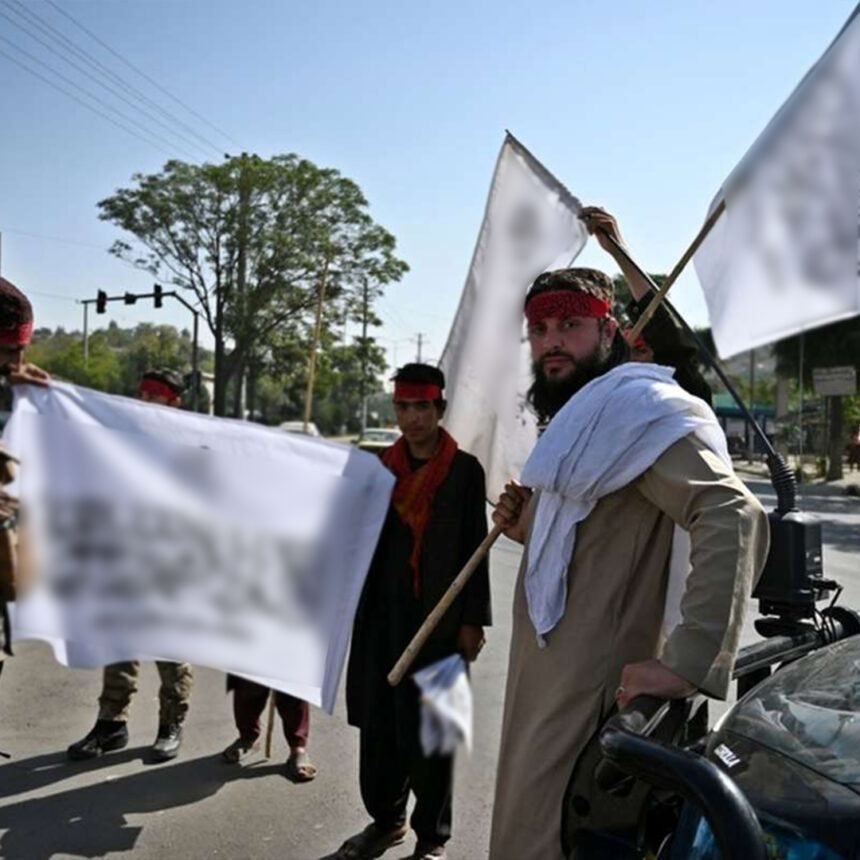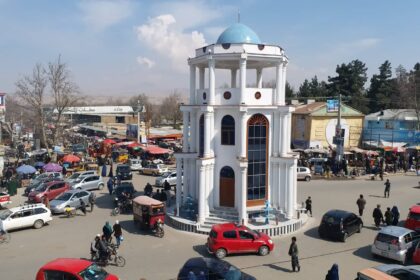RASC News Agency: A collective of political analysts with expertise in the affairs of Western Afghanistan have reached a consensus that the Doha Summit served the Afghanistani population’s interests, underscoring the necessity for significant representation from every layer of society. Abbas Rabbani, a distinguished expert in political matters in Western Afghanistan, reported to RASC News Agency on Tuesday, Feb 20, the conspicuous absence of the Taliban at the Doha Summit, indicating the waning of their reign in Afghanistan. He further elucidated that the non-involvement of Taliban leaders could foretell the inception of a novel regime in Afghanistan, potentially orchestrated by global powers.
Rabbani also observed that, over time, the Taliban have unmasked their inherent nature to both regional and international communities, thereby forfeiting any leverage to secure their continuance. He critiqued the Taliban’s governance as ethnically insular, adamantly dismissing any variant of a comprehensive government that would facilitate cooperative governance within their framework.
In a parallel discourse, Jamshid Hashemi, a civil activist from Herat Province, imparted to RASC News Agency that the Doha Summit represented a critical juncture for the Afghanistani citizenry, a platform where profound transformations regarding the destiny of the nation’s ethnic cohorts were imperative. He argued that the Taliban’s abstention emblemizes their void of any plausible justification to the global audience. Hashemi further communicated the Afghanistan public’s growing disenchantment with the Taliban, expressing a unanimous desire to relinquish their dominion. He articulated that, given the prevailing conditions, the defenseless Afghanistani populace has relinquished any semblance of hope for the Taliban’s existence.
Additionally, Abdullah Akbari, an authority on Afghanistan affairs, while accentuating the Taliban’s debacle, pointed out that the group’s ascension to power in Afghanistan was facilitated by American intervention, which now, due to strategic missteps, aims to dismantle their foundation. Akbari contended that although the Doha Summit is purportedly in Afghanistan’s favor, the real advantage skews towards the United States. He further articulated that the United States, along with its allies, has exhausted its patience with the Taliban, demonstrating an incapacity to endure the group’s perpetuation.
Conversely, a number of journalists from Afghanistan’s Western provinces have corroborated the disarray stemming from the disconnect between the Taliban and the nation’s journalists, exacerbating a plethora of challenges for this community. Hamidullah Qayoumi, a journalist stationed in Badghis Province, reflected on the Doha Summit as a visionary assembly for Afghanistan’s future, intertwining the essence of free speech with the collective destiny of the country’s ethnic groups.
It’s pivotal to acknowledge that several entities, notably the United Nations along with other regional states, have posited the enhancement of Afghanistan’s prospects on the foundation of an inclusive governance model.






